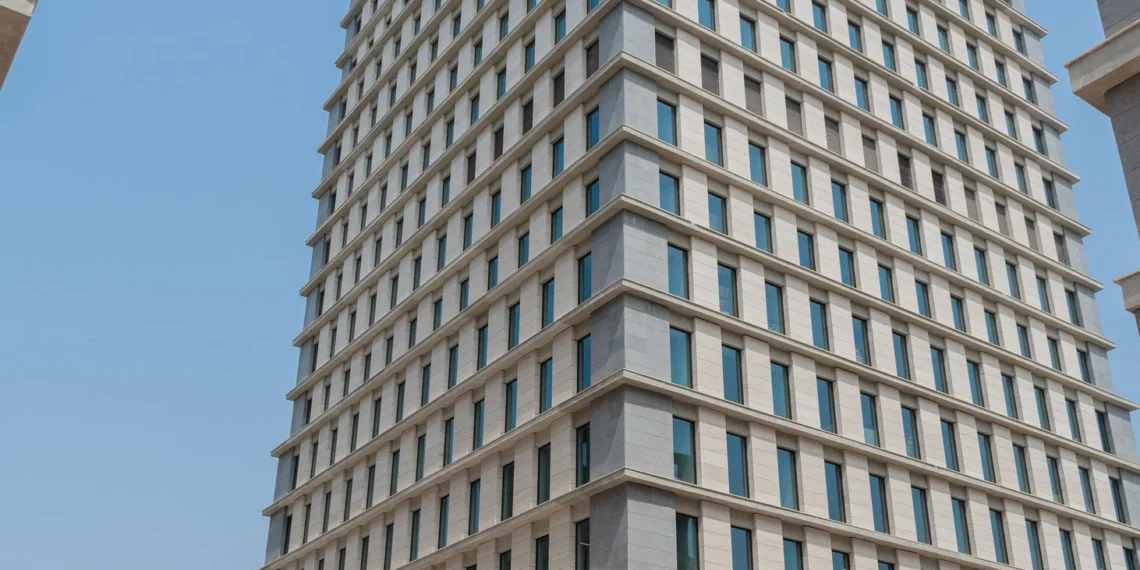The Bank of Ghana (BoG) has come under intense scrutiny after its 2024 Annual Report revealed a staggering GH¢206 million was spent on official travel last year—more than double the GH¢103 million recorded in 2023.
This revelation has raised fresh concerns over public spending, especially at a time when the central bank is grappling with consecutive years of financial losses.
The GH¢206 million travel bill marks the highest amount ever spent by the central bank on official trips since at least 2015. For comparison, BoG’s travel expenditure was GH¢30 million in 2015, GH¢48 million in 2019, and even dropped to GH¢20 million in 2020 due to pandemic-induced travel restrictions.
The figure climbed again to GH¢28 million in 2021 and GH¢76 million in 2022. However, the jump to GH¢206 million in 2024 represents a 100% increase over the 2023 figure—a spike that has triggered calls for explanation and accountability.
Mounting Pressure Amid Financial Losses
The surge in travel costs comes at a time when the Bank of Ghana posted a GH¢9.4 billion loss for 2024. Although this was an improvement from the GH¢13.2 billion loss in 2023, critics argue that such high levels of discretionary spending reflect poorly on the institution’s commitment to fiscal discipline.
With the BoG still in recovery mode from the economic shocks of the past years—including high inflation, currency depreciation, and external debt restructuring—many expected a more restrained approach to administrative costs.
Economist Dr. Kojo Mensah remarked, “In a year where the Bank is trying to rebuild public confidence and restore macroeconomic stability, doubling travel expenses sends the wrong signal.”
IMF Engagements and International Obligations
While the BoG has yet to provide a detailed breakdown of the GH¢206 million, some observers believe the increase may be partially attributed to Ghana’s active engagement with the International Monetary Fund (IMF). Ghana is currently under a $3 billion Extended Credit Facility (ECF) programme, requiring frequent missions to Washington and participation in international financial forums.
These engagements are vital to ensuring the country stays on track with structural reforms and policy benchmarks. However, without transparency on how much of the travel bill was tied directly to IMF-related activities, the public is left to speculate.
Government’s Response: New Travel Restrictions
In an apparent response to rising travel-related costs across government institutions, President Mahama on February 7, 2025, issued a directive banning first-class travel for all government appointees. The move is expected to help curb rising travel costs and restore a sense of fiscal discipline across the public sector.
While the directive does not specifically target the Bank of Ghana—which operates with administrative independence—the central bank is nonetheless expected to align with broader national efforts toward expenditure control.
Public trust in the central bank has taken a hit in recent years, particularly following its controversial decision to finance government deficits and its role in Ghana’s ongoing economic restructuring. The latest revelation about excessive travel expenditure risks further eroding confidence in the institution’s stewardship.
Civil society groups and transparency advocates have called on the BoG to publish a full report on the travel expenses, including destinations, purposes of travel, number of officials involved, and the cost breakdown per trip.
Kofi Asare, Executive Director of the Ghana Governance Forum, noted, “Transparency must be the first step in restoring trust. The BoG should not operate behind closed doors when it comes to public money.”
In sum, while the Bank of Ghana’s global engagements may warrant considerable travel, the scale of spending in 2024 raises valid questions about priority, transparency, and accountability—questions that Ghanaians and stakeholders expect to be answered.
READ ALSO: Ghana Faces US Visa Restrictions Over Reciprocity Concerns




















